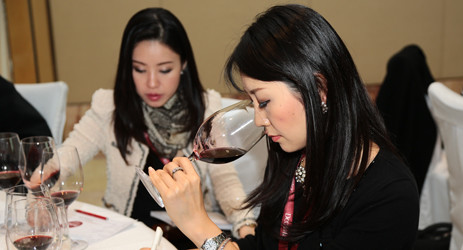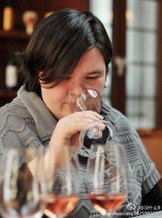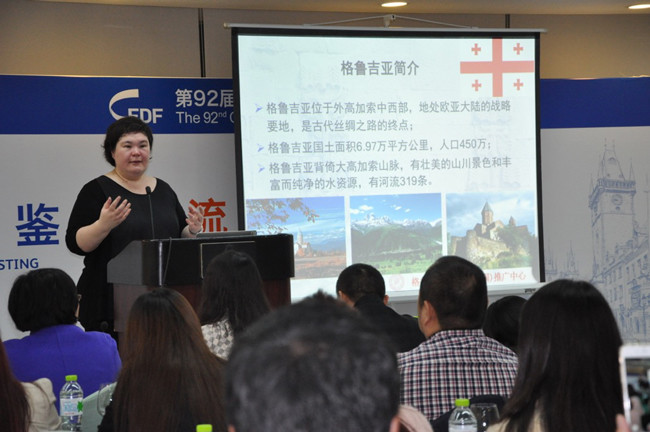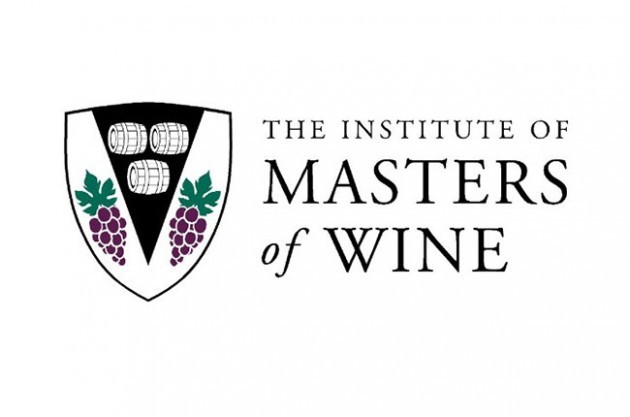Tasting wines using the WSET systematic tasting method, we all talk about appearance, nose and palate. In higher levels, we add conclusions, which talk about the quality and readiness for drinking – but it is here that we get a lot of questions hitting us!
1. Isn’t it that only red wine can age?
No – whether it is red or white, both can age (of course, rosé is another story). In fact, it is always a surprise to many students that some of the longest lived wines are German Rieslings – which can live for 200 years!
2. Does wine improve with age?
Not necessarily, it’s complicated! And it’s not related to colour or style necessarily but to price: generally speaking, only premium wines will have the potential to age – and 95%+ of all wines are best drunk young. So most wines have no ability to age! How to tell if it does? Well, the most important indicator is good concentration of flavour. Then high acid is quite important, and then sugar, tannin and/or alcohol can be considered. But if the wine is not concentrated enough to begin with (like most wines produced worldwide) it will not age well. Of course, if all these elements are present, then we have the indestructible vintage Port!
 Image: Chinese wine lovers at 2014 Decanter Shanghai Fine Wine Encounter
Image: Chinese wine lovers at 2014 Decanter Shanghai Fine Wine Encounter
3. How do I know if this wine has started to develop (in bottle)?
Look for tertiary aromas (leather, mushroom, pencil shavings for example) – if these are present, then there is evidence of bottle-ageing. These do not include any aromas that come from ageing in oak! This is a big mistake that I often see – students mistaking vanilla and coffee aromas for bottle-ageing.
4. How to tell if a wine is over the hill?
This is hard to answer, as I’ve found many students in China have become used to the taste of wine that is past its best. This is because many of the wines available are not fresh vintages. I hope with all my heart that students can understand what is freshness so that they can gain experience and understand different wines.
Click to learn more about available WSET courses in China>>
All rights reserved by Future plc. No part of this publication may be reproduced, distributed or transmitted in any form or by any means without the prior written permission of Decanter.
Only Official Media Partners (see About us) of DecanterChina.com may republish part of the content from the site without prior permission under strict Terms & Conditions. Contact china@decanter.com to learn about how to become an Official Media Partner of DecanterChina.com.




Comments
Submit